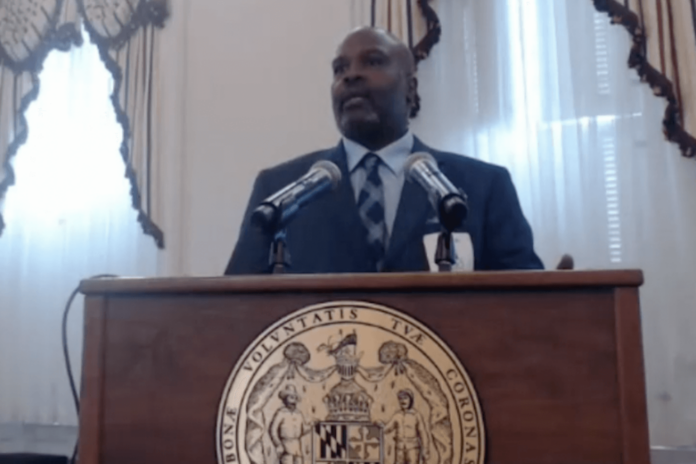After serving almost three decades in prison for a crime he didn’t commit, James Langhorne of Maryland has been awarded $2.75 million by the state.
During a Maryland Board of Public Works meeting on Wednesday, Langhorne shared how difficult life can be after a long incarceration — even for someone fully exonerated.
“There’s no savings, no preparation,” Langhorne said, reflecting on the challenges of reentering society after such a long sentence.
Convicted of murder in 1998 for a 1993 Baltimore City shooting, Langhorne was sentenced to life in prison at the age of 23. His conviction was ultimately overturned after a review by the State’s Attorney’s conviction integrity unit found it was based on false witness testimony.
He was released on February 10, 2024, after spending 9,870 days behind bars. The $2.75 million compensation was calculated based on his estimated yearly income and the duration of his wrongful incarceration, according to a document from the Maryland Board of Public Works.
Langhorne expressed frustration over the misconduct that led to his conviction. “I guess I am angry at those who violated their trust as public servants,” he said.
The original conviction stemmed from the fatal shooting of Lawrence Jones in the early hours of November 20, 1993. Jones was shot while walking home and later died from his injuries. The case remained unsolved until 1996, when it was reopened and Langhorne was arrested based on the statements of a jailhouse informant seeking a reduced sentence and two identifications that were later recanted.
Langhorne was convicted in 1998 of first-degree murder, using a handgun during a violent crime, and related offenses. He received a life sentence plus 20 years.
Despite being thankful for his release, Langhorne emphasized that freedom came with its own struggles — including difficulty accessing healthcare.
“I exhausted every resource trying to get health insurance,” he said. “I’m diabetic, and if not for a friend in the field, I probably still wouldn’t have coverage.”
Lieutenant Governor Aruna Miller, who presided over the board meeting, issued an apology on behalf of the state.
“There are no words to truly express how sorry we are for what you endured and the failure of our justice system,” she said. “While money can’t replace the years you lost, we hope this compensation brings some support and healing as you begin this new chapter of your life.”




